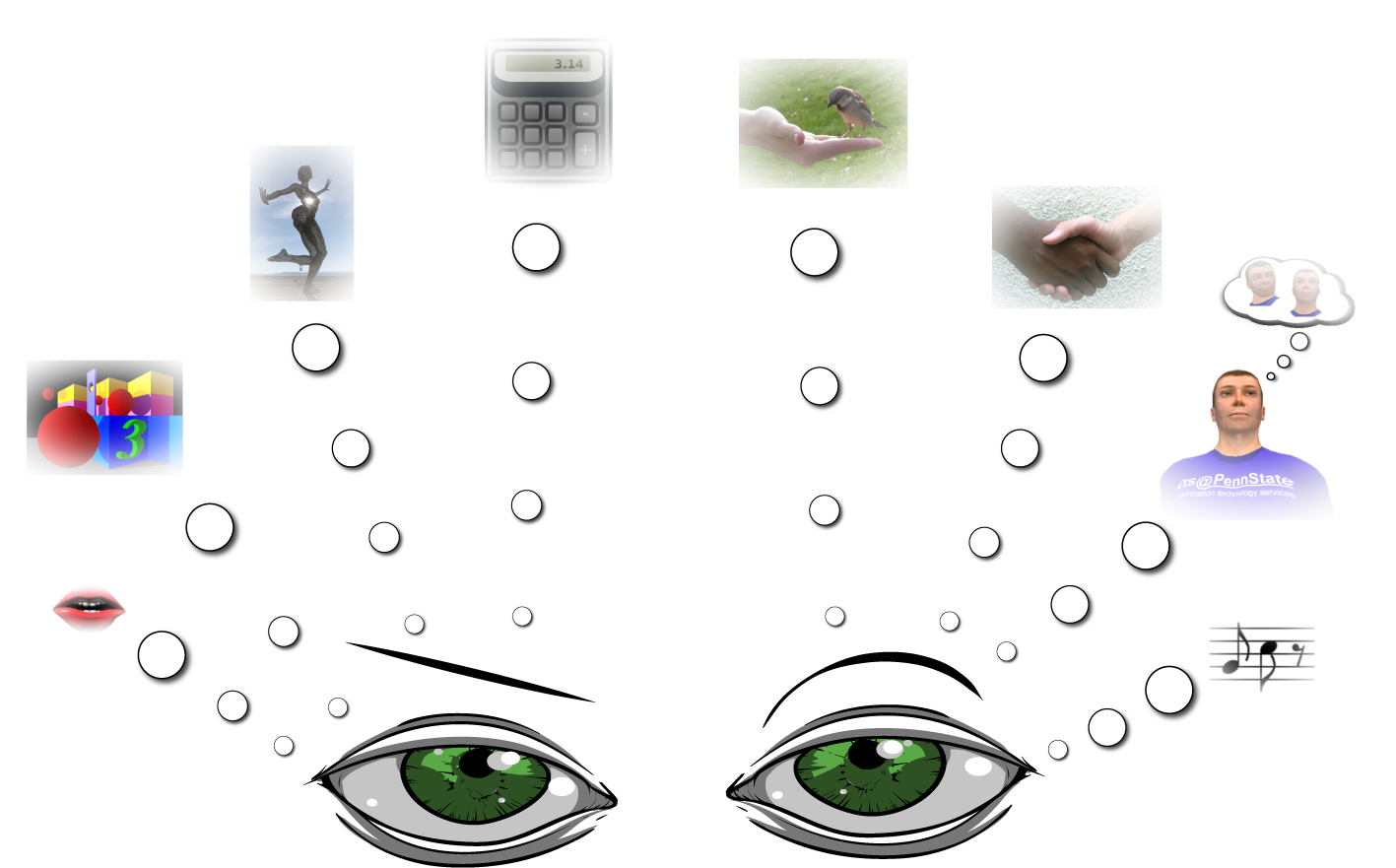
A Multiple Intelligences Primer

"An intelligence is the ability to solve problems, or to create products, that are valued within one or more cultural settings."
- Howard Gardner, Frames of Mind (1983)
This site is for educators, instructors, and anyone who wants to learn the basics about Multiple Intelligences Theory.
In this site:
Why is it that some people can do things better than others? Why can Joe, new to the piano, play better than Sally, now in her third year of lessons? Why can't we all be world-class athletes? Why are some people more outgoing than others? How come some people can plan their life so well?
These questions have aroused our interest for thousands of years. The answer may lie in a theory of Howard Gardner, a professor of education at Harvard University. His original theory of Multiple Intelligences identifies the following forms of intelligence:
In the mid-1990's, Professor Gardner proposed an eighth intelligence - naturalist intelligence, and suggested a possible existential intelligence ("the intelligence of big questions").
If Professor Gardner is correct, then every person probably has different levels of aptitude in these eight categories. What varies between people are the relative strengths and weaknesses in the eight categories. Thus, it may be correct to state that in the case of Joe vs. Sally, one has an innate higher musical intelligence than another.
The cultural context of multiple intelligences is important. Different cultures emphasize different intelligences. For example, in his book, Frames of Mind, Gardner discusses the high spatial abilities of the Puluwat people of the Caroline Islands, who use these skills to navigate their canoes in the ocean.
The implications for this theory are enormous. Traditional approaches to education are usually built around verbal-linguistic and logical-mathematical studies. Even our national tests are geared to measure these two areas. What of the other areas? Are they not as important?
LinguisticVerbal-linguistic learners have highly developed auditory skills, enjoy reading and writing, like to play word games, and have a good memory for names, dates, and places. They like to tell stories, and get their point across. You learn best by saying and hearing words. Poets, writers, and people who speak a great deal in their jobs (like teachers) probably have a high degree of verbal-linguistic intelligence.
|
|
|
|
MusicalMusical learners are sensitive to the sounds in their environment, including the inflections in the human voice. They enjoy music, and may listen to music when they study or read. They are skilled at pitch and rhythm. Learning through melody and music works well for people with high musical-rhythmic intelligence. Singers, conductors, and composers obviously have a high musical-rhythmic intelligence. Anyone who enjoys, understands, and uses various elements of music probably has a high degree of musical intelligence.
|
Logical-MathematicalLogical-mathematical intelligence is often linked with the term "scientific thinking." Logical-mathematical people like to explore patterns and relationships, like to experiment with things you don't understand, ask questions, and enjoy well-ordered tasks. They like to work with numbers and relish opportunities to solve problems via logical reasoning. They learn best by classifying information, using abstract thought, and looking for common basic principles and patterns. Many scientists have a high degree of logical-mathematical intelligence.
|
|
|
|
SpatialSpatial people work well maps, charts, diagrams, and visual arts in general. They are able to visualize clear mental images. They like to design and create things. They learn best by looking at pictures and watching videos. Sculptors, painters, architects, surgeons, and engineers are a few professions that require people with well-developed spatial abilities.
|
KinestheticKinesthetic learners use bodily sensations to gather information. They have good balance and coordination and are good with their hands. Learning activities that provide physical activities and hands-on learning experiences work well for them. People with highly developed kinesthetic abilities include carpenters, mechanics, dancers, gymnasts, swimmers, and jugglers.
|
|
|
|
IntrapersonalIntrapersonal learners are aware of their own strengths, weaknesses, and feelings. They are aware of self, being a creative and independent, and reflective thinker. They usually possess independence, self-confidence, determination, and high motivation. They may respond with strong opinions when controversial topics are discussed. They learn best by engaging in independent study projects rather than working on group projects. Pacing their own instruction is important to them. Entrepreneurs, philosophers, and psychologists are a few professions where strong intrapersonal skills are a benefit. |
InterpersonalInterpersonal learners are "people-persons." They enjoy being around people, like talking to people, have many friends, and engage in social activities. They can develop genuine empathy for the feelings of others. They learn best by relating, sharing, and participating in cooperative group environments. The best salespeople, consultants, community organizers, counselors, and teachers have a high interpersonal intelligence.
|
|
|
|
NaturalistThe so-called "Eighth" Intelligence, Naturalistic learners are in touch with nature - the outdoors in terms of geography, animals, conservation, etc. They sense patterns and are good a categorization. They are also good planners and organizers of living areas. Naturalistic learners learn best studying natural phenomenon in natural settings, learning about how things work. They may express interest in biology, zoology, botany, geology, meteorology, paleontology, or astronomy - fields directly connected to some aspect of nature. |
The implications of this are enormous, for both teaching and learning. Just because some people have trouble learning in the logical-mathematical sense is no reason to assume they are not intelligent. They could be strong in one or several other areas. They could become more intelligent in that area through practice and special study. Also, they could probably compensate for their weakness in one area by using other areas of intelligence they are strong in or naturally prefer to use, providing the learning environment permits them to do so.
Designing Instruction Around Multiple Intelligence Theory

This intelligence is activated by the spoken word, by reading (especially poetry), and by writing one's own thoughts, ideas, etc.
Here are some ideas for activating this intelligence:
Here are some key terms that are related to linguistic intelligence:
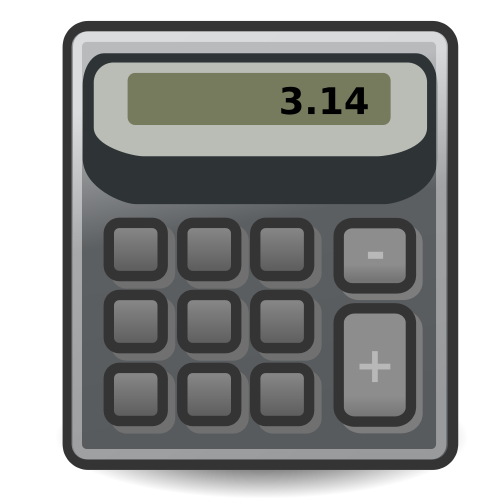
This intelligence is activated in problem-solving and or challenging situations.
Here are some ideas for activating this intelligence:
Here are some key terms that are related to logical-mathematical intelligence:
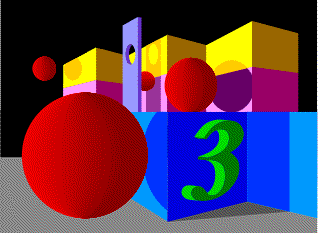
This intelligence is activated when a person must you mental imagery to accomplish something.
Here are some ideas for activating this intelligence:
Here are some key terms that are related to spatial intelligence:
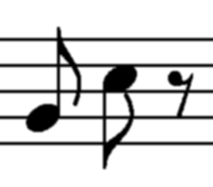
This intelligence is activated when a person uses music and/or rhythm to accomplish something. When used, it is probably the most mood-altering form of intelligence.
Here are some ideas for activating this intelligence:
Here are some key terms that are related to musical intelligence:

This intelligence is activated when a person uses their own body/physical action to accomplish something.
Here are some ideas for activating this intelligence:
Here are some key terms that are related to kinesthetic intelligence:

This intelligence is activated when a person interacts with others to accomplish something.
Here are some ideas for activating this intelligence:
Here are some key terms that are related to interpersonal intelligence:
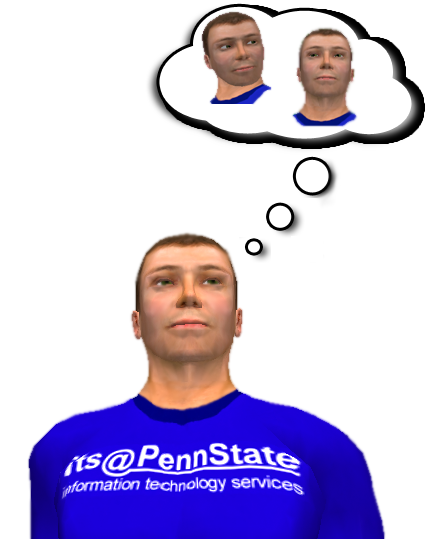
This intelligence is activated when a person utilizes self-reflection and thinking to accomplish something.
Here are some ideas for activating this intelligence:
Here are some key terms that are related to intrapersonal intelligence:

This intelligence is activated when a person utilizes some aspect of nature to accomplish something.
Here are some ideas for activating this intelligence:
Here are some key terms that are related to naturalistic intelligence:
How well do you understand the basics of multiple intelligences? Try this self test and you'll find out!
Directions: Read each question. Click on the correct answer below the question. You will be told if you are correct or incorrect.

What are your dominate intelligences? The following evaluation is a short way of pinpointing your dominate intelligences.
Note: JavaScript must be turned on in your browser's preferences. IE users may have to turn off pop-up blockers.
Start the evaluation. (Opens in a new window or tab.)
The Rogers Indicator of Multiple Intelligences (RIMI) is a tool created by Dr. Keith Rogers, a retired professor from Brigham Young University.
© 2011 by J. Keith Rogers, Ph.D., P.O. Box 127, Albion, ID 83311
Please contact Dr. Rogers about any questions on the RIMI.
Access a print-based version of this test in PDF format.
Download a visual aid to use after your evaluation in JPG image format.
Read Dr. Roger's thoughts on MI in PDF format.